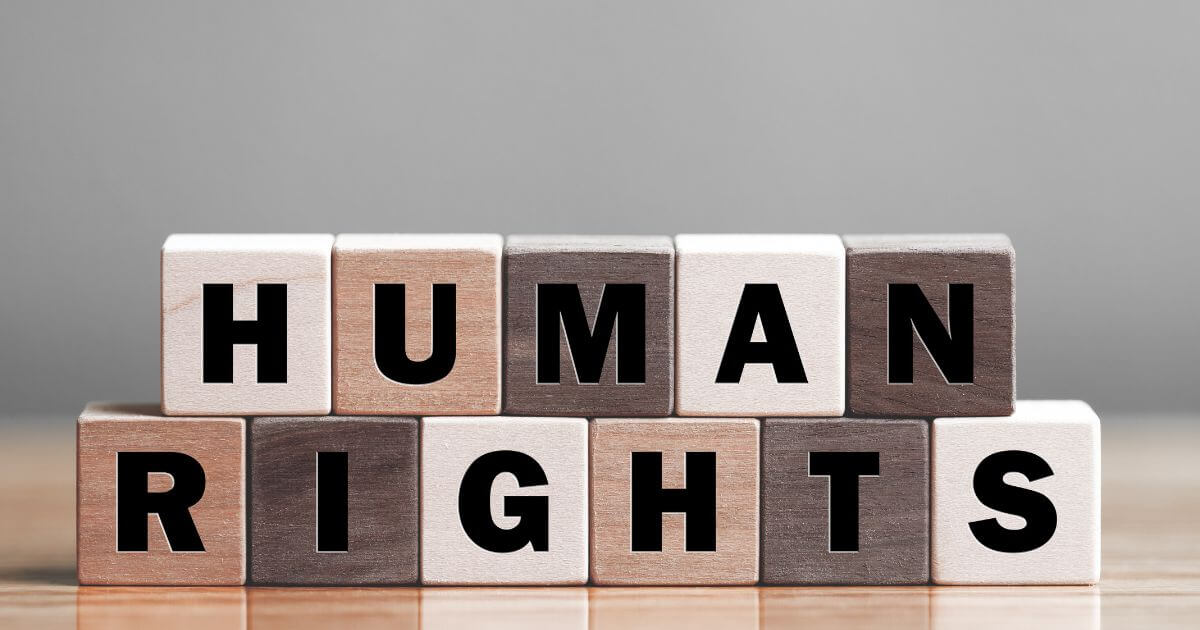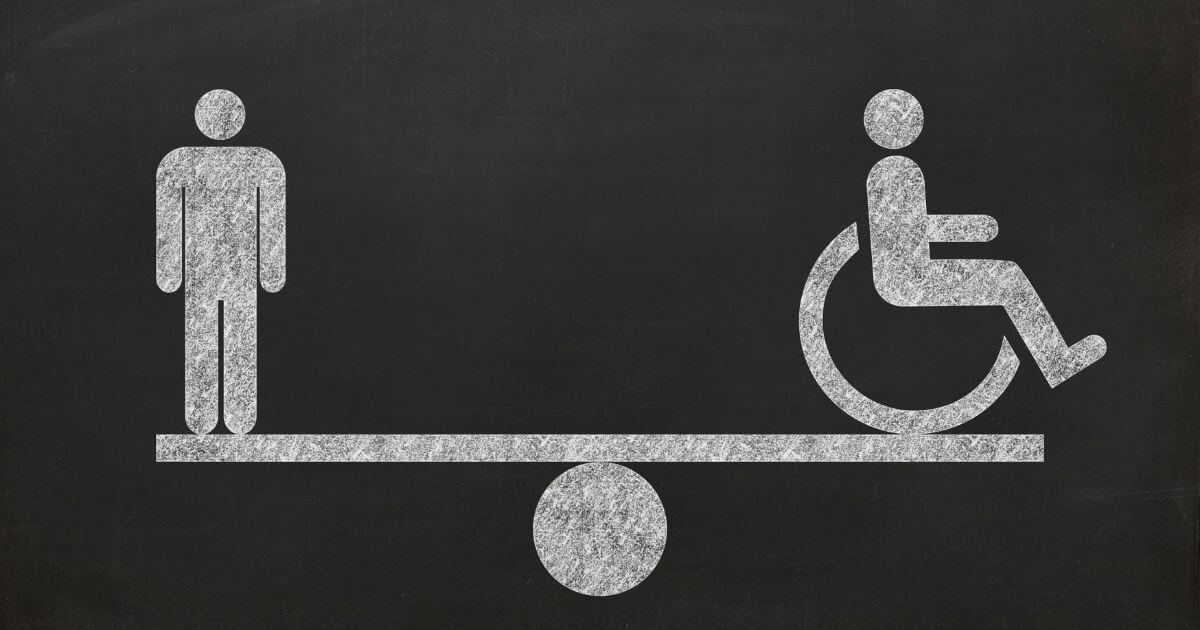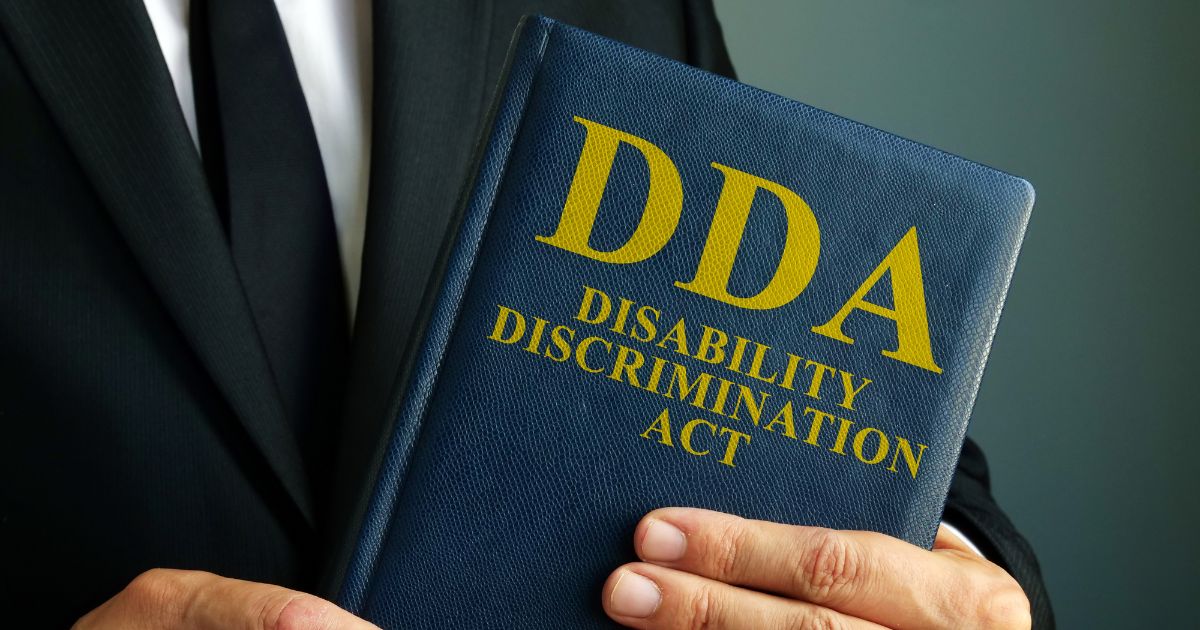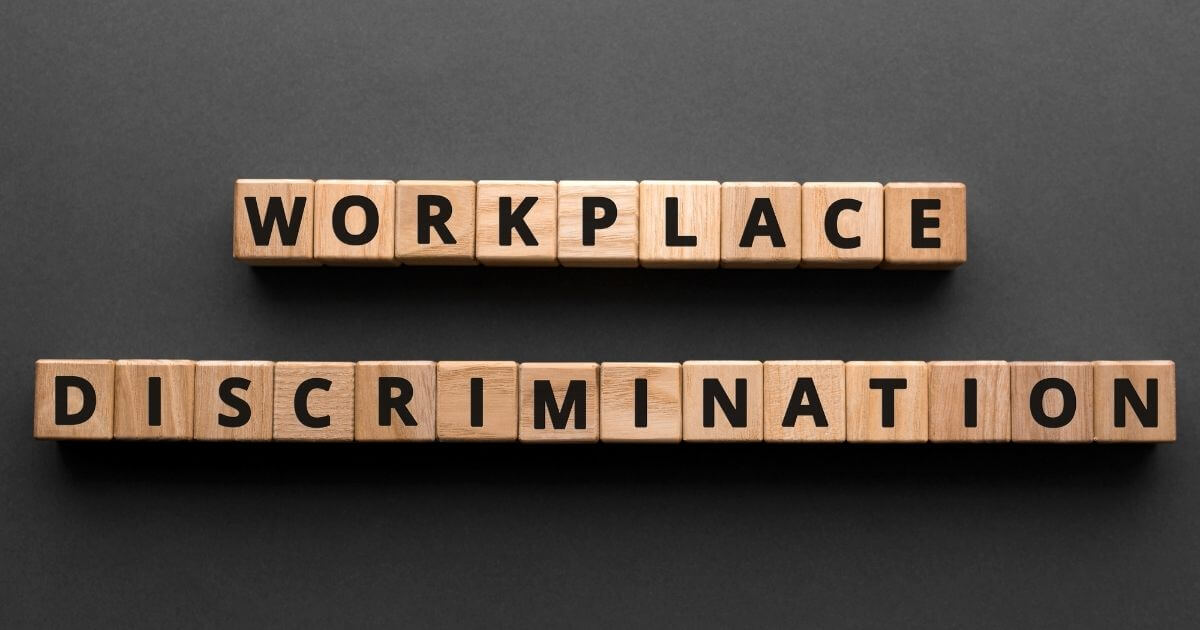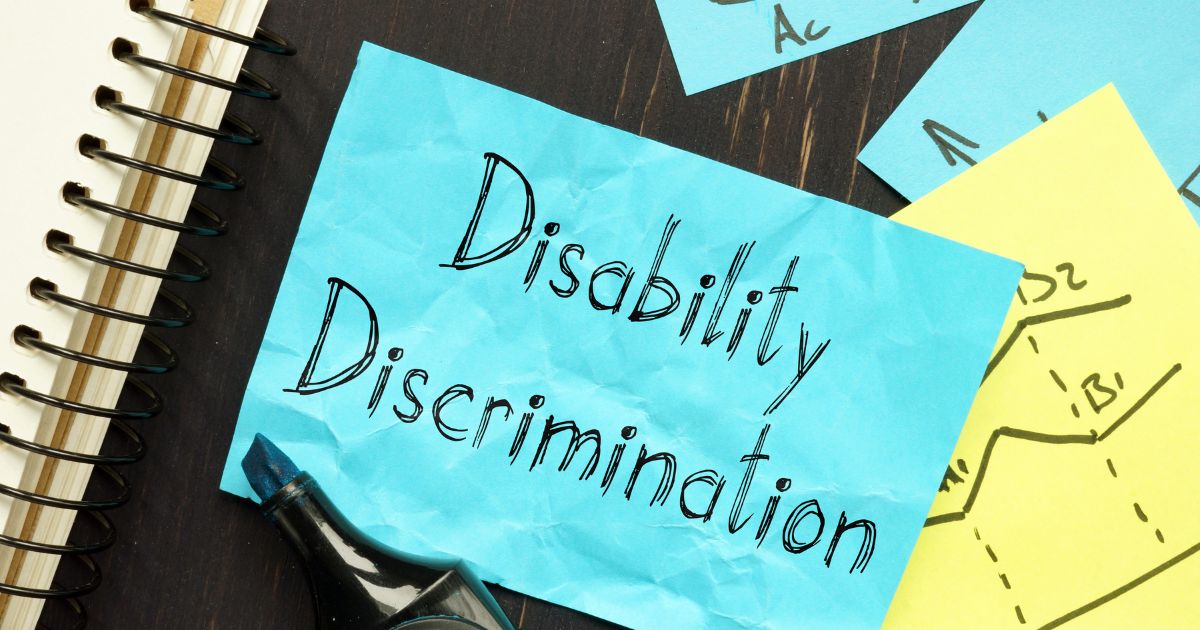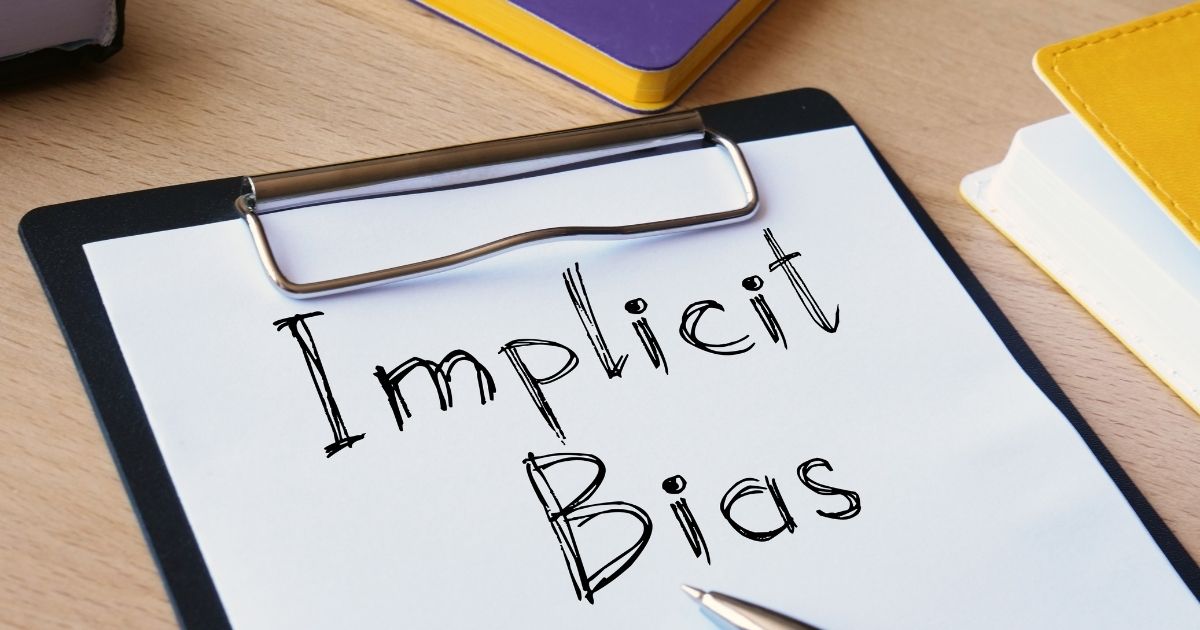
Dealing with Perceived Discrimination
Youth with disabilities often face workplace discrimination. A perceived inability to do job tasks properly or quickly enough makes many employers prioritize hiring candidates who do not have disabilities.
In the Youth Leadership Initiative survey, 52.4% of young Canadians with disabilities indicated that they have experienced some sort of discrimination from an employer, and 20.6% weren’t sure. Most Youth Leadership Initiative focus group participants also indicated that they felt that there was some degree of discrimination from employers due to their disability.
Workplace Discrimination’s Effects on Individuals with Disabilities
Discrimination faced by individuals with disabilities in the workplace can result in negative outcomes.
Hiring Bias
One key impact for youth with disabilities is that they may be unfairly dismissed from job positions solely due to their disability. This not only causes people to miss out on potential opportunities but also deprives employers of diverse talent that could enrich their teams.
Isolation and Team Exclusion
Employees with disabilities can feel shut out by colleagues who unintentionally or intentionally exclude them from being part of the team due to misconception or discomfort, such as not including those with hearing impairments in conversations, planning physically demanding team-building exercises not adaptable to individuals with certain disabilities, or making assumptions about the abilities of people with disabilities to participate in certain tasks or activities without giving them the opportunity. This isolation can harm job satisfaction and mental well-being.
Unequal Workload
Discrimination against employees with disabilities can involve assigning extra tasks beyond their main job duties. This can happen because of misconceptions of them being less capable, leading to additional duties as a form of compensation or “making up” for perceived shortcomings. In some cases, employers may also neglect to provide necessary accommodations, opting to give extra work that doesn’t need these accommodations, placing an unfair burden on the employee.
Career Growth Inequality
When employers hold biases and stereotypes about what individuals with disabilities can achieve at work, they might not recognize their potential for career growth and professional development. This unequal treatment not only holds back personal progress but also keeps a cycle of inequality going.
Recognizing and Addressing Workplace Discrimination
Young employees with disabilities can and should learn to recognize workplace discrimination. This includes paying attention to certain indicators when job-seeking:
- Do job postings include non-inclusive language (“good health required”, for example)?
- Are job descriptions emphasizing meeting specific goals or strict deadlines? This may indicate inflexibility towards accommodating disabilities.
- When arranging an interview, utilizing the opportunity to discuss your disability and possible accommodations can indicate an employer’s willingness to accommodate.
- Research the employer to learn about their workplace culture, community engagement, mission, and ethical core values. This information can offer valuable insights about whether they are the right fit for you.

Fighting Discrimination with Allyship, Compassion and Education
To protect themselves from discrimination, young employees with disabilities should trust their instincts and assert themselves when communicating with an employer or potential employer. Building relationships with co-workers and ensuring marginalized voices are given space to have their needs heard also helps with communicating with an employer.
Focus on educating others, recognizing teachable moments, and assessing the impact of actions against discrimination on a person’s career, skills, and personal goals. Union representatives and HR staff can also provide support. Using appropriate language, avoiding confrontational tones, and finding allies for support and representation are valuable tools to use when reporting or discussing an instance of discrimination.
The YLI Toolkit is a constant work in progress; we’ll always be adding and updating resources as new information is found. Please enjoy what we have so far and stay tuned for more updates coming soon! If you know of resources that you think would benefit others, share them with us by completing the YLI questionnaire.
Youth Resources
Canadians are protected from discrimination based on disability by several human rights laws and frameworks. Understanding your rights is crucial for safeguarding yourself, fighting for fairness, and creating an inclusive society. It gives you the confidence to navigate life, ensuring you’re treated with dignity and respect. Knowing your rights empowers you to fully exercise them and promotes a just and equal world.
Employer Resources
- Myths About Hiring People With Disabilities
- What is Disability Discrimination in the Workplace?
- Forms of Discrimination
- Implicit Biases & People With Disabilities
- Top 12 Disability Inclusive Employer Practices
- Preferred Language Guide
- Disability Etiquette

Submit Your Feedback
This toolkit is a collective effort between the YLI team and you.
We invite you to explore the YLI Toolkit, use it, and let us know your thought by submitting your suggestions or feedback. We appreciate your continued support!
Resources on the YLI Toolkit webpages, including, but not limited to, the text, graphics, images, links, and other materials are intended for informational and educational purposes only. The content is not intended to be a substitute for professional or medical advice, diagnosis, or treatment, and does not constitute medical or other professional advice. The Disability Foundation and Affiliates do not recommend or endorse any specific tests, physicians, products, procedures, opinions, or other information that may be mentioned on the linked websites. Reliance on any information provided herein is solely at your own risk. The information provided on YLI Toolkit webpages are designed to support, not replace, the relationship that exists between you and your care team. Never disregard professional medical advice or delay in seeking medical attention because of something you read or see on YLI Toolkit webpages.
The YLI Toolkit does not offer specific medical advice. If you are experiencing a medical emergency, call emergency personnel (911) to receive medical attention.
